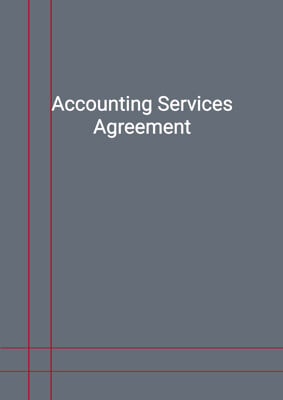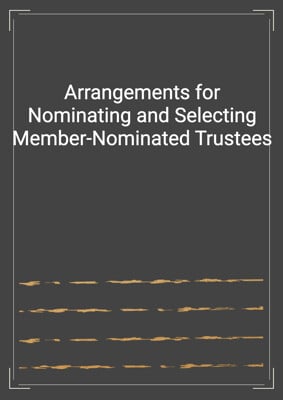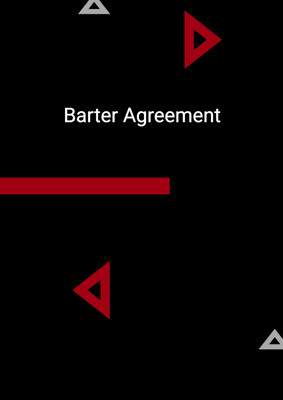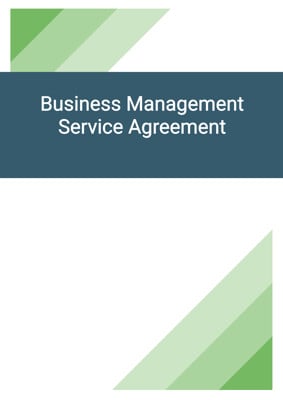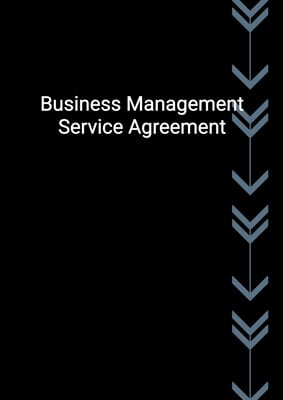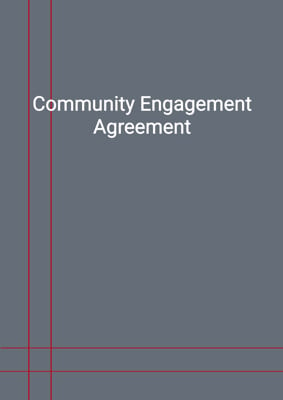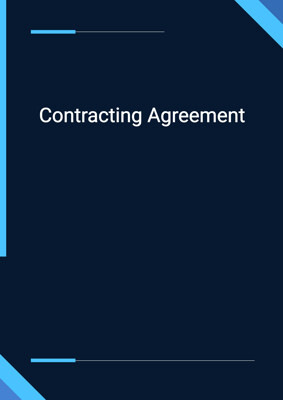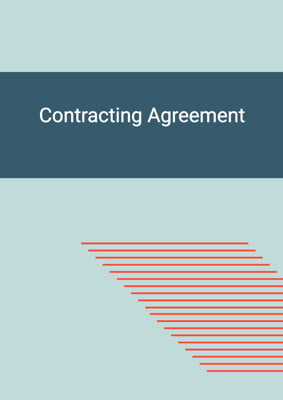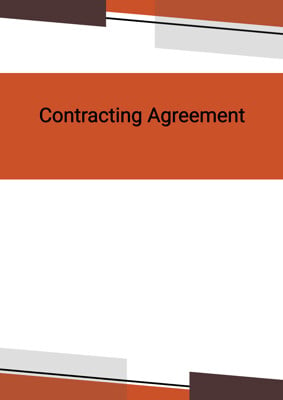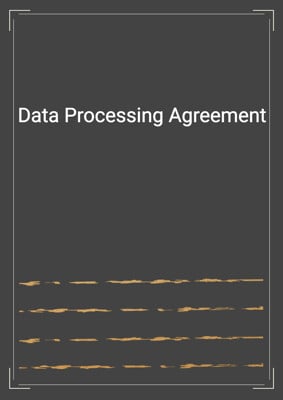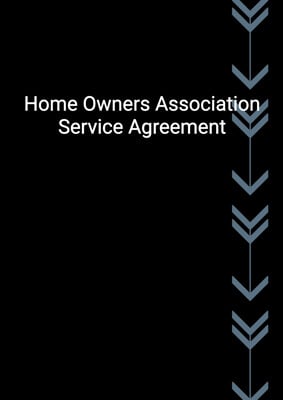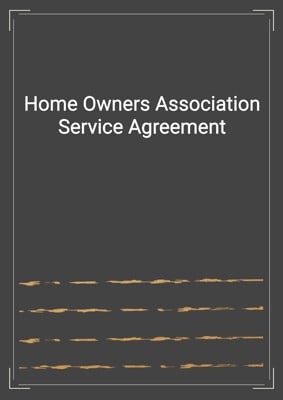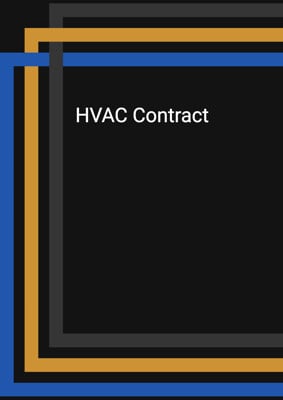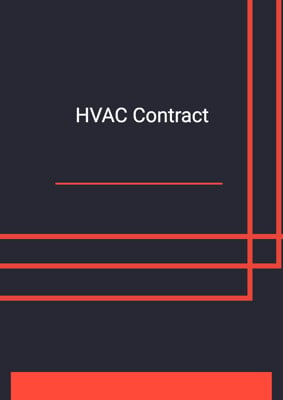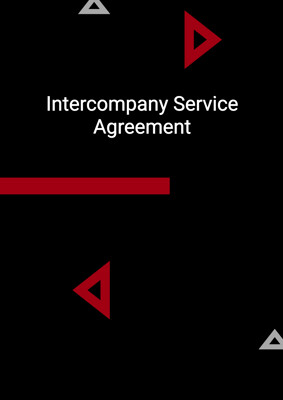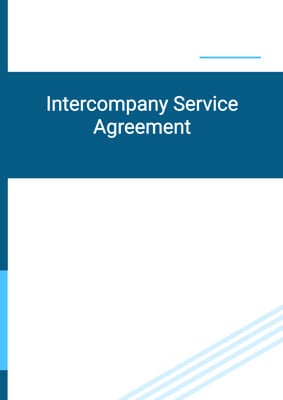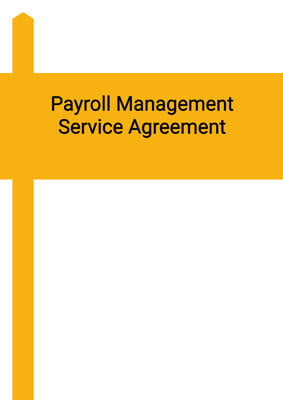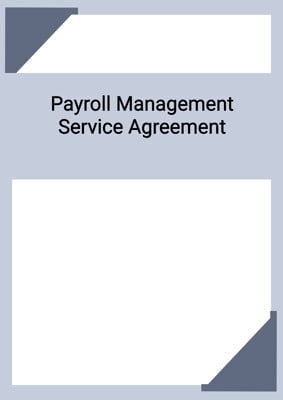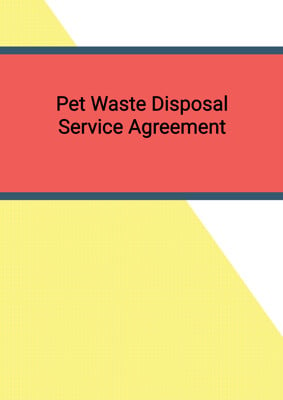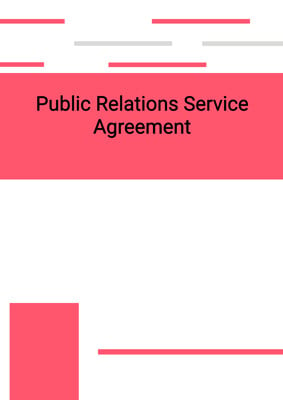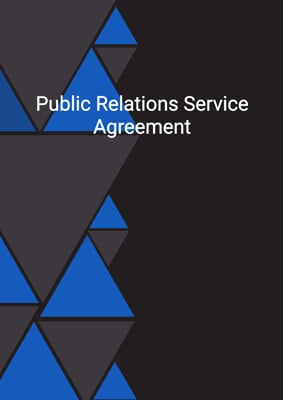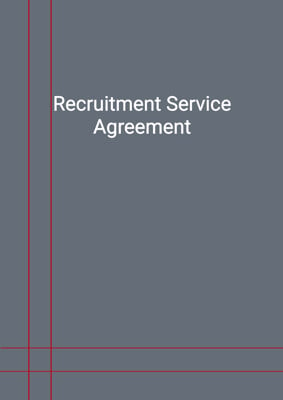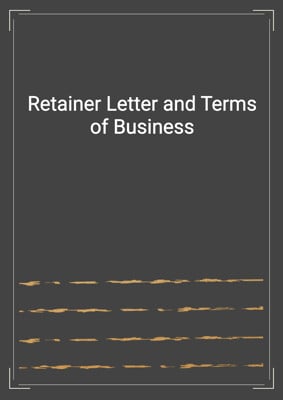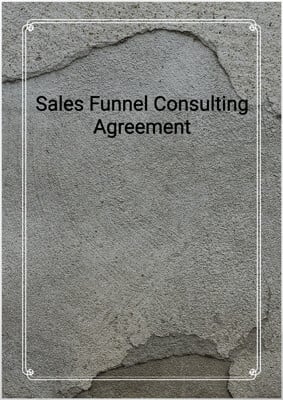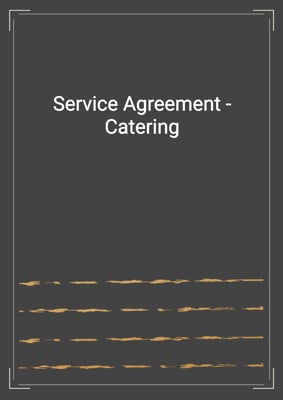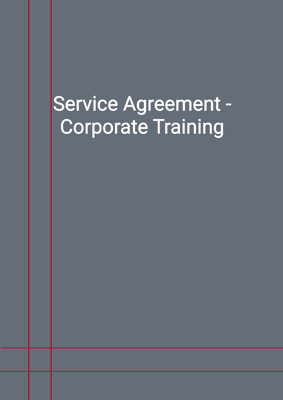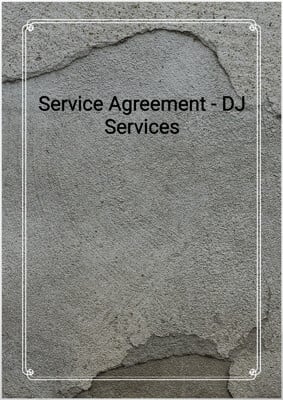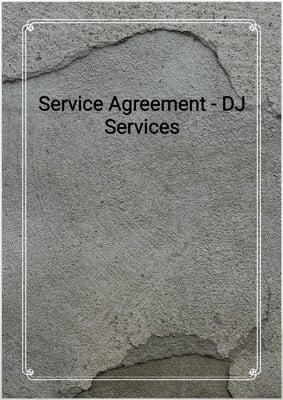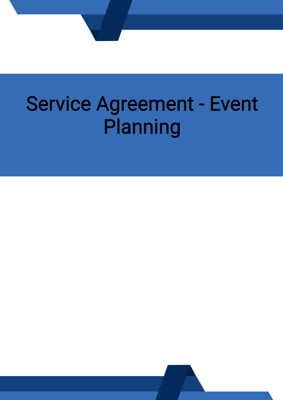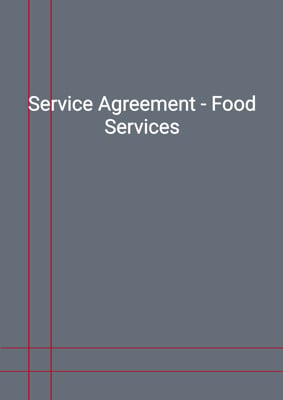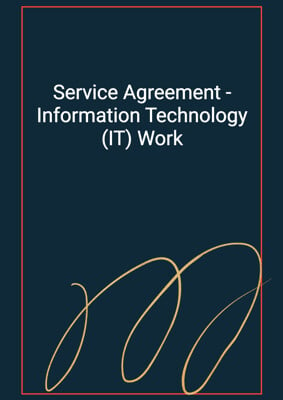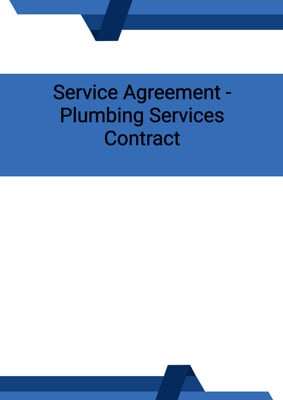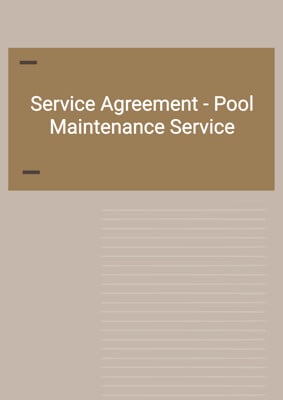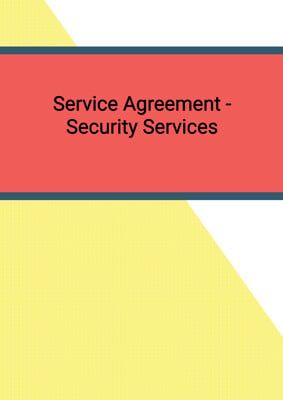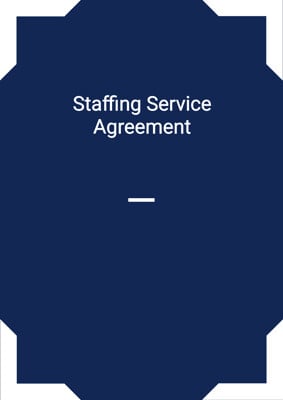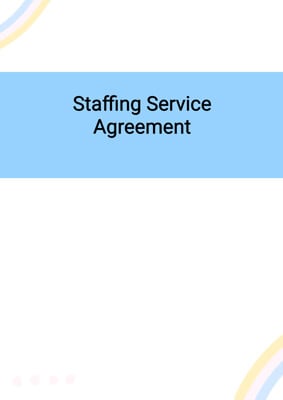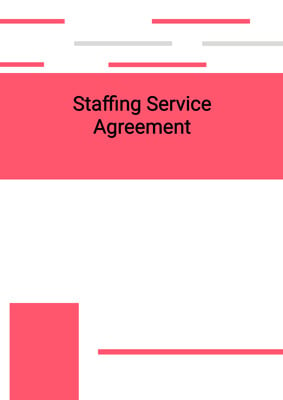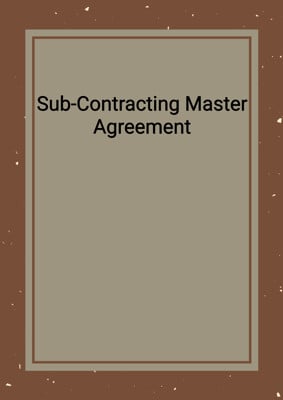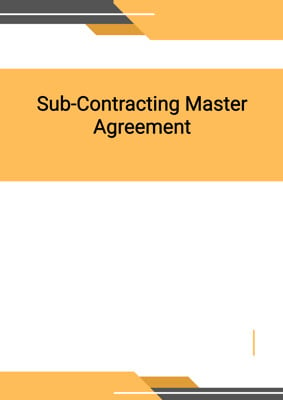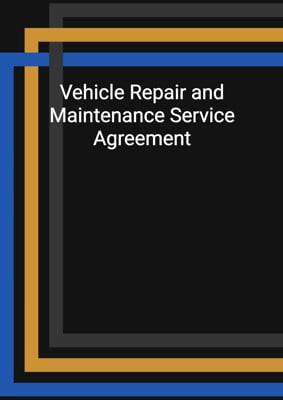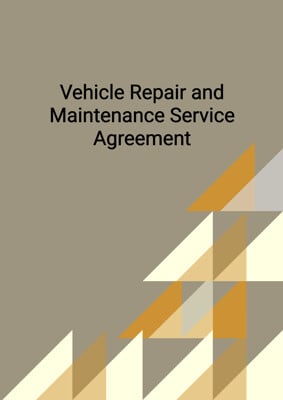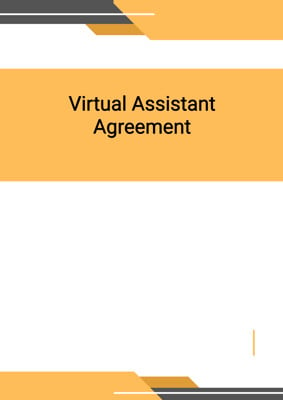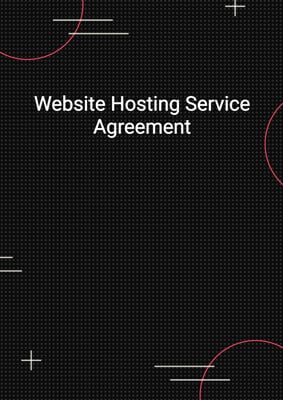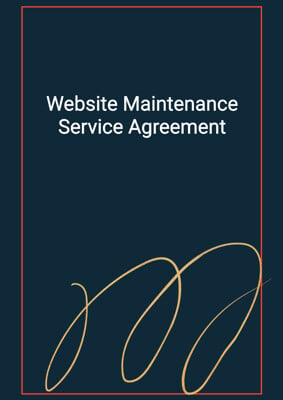How to Tailor the Document for Your Need?
01
Create Document
Fill in the details of the parties. You can click the "Fill with Member’s Information" button to complete it with information saved to your account.
02
Fill Information
Please fill in any additional information by following the step-by-step guide on the left hand side of the preview document and click the "Next" button.
03
Get Document
When you are done, click the "Get Document" button and you can download the document in Word or PDF format.
04
Review Document
Please get all parties to review the document carefully and make any final modifications to ensure that the details are correct before signing the document.
Document Preview
Document Description
The Service Agreement - Security Services is a legally binding document that outlines the terms and conditions between the servicer and the customer for the provision of security services. This agreement is important as it establishes the rights and obligations of both parties, ensuring clarity and preventing any misunderstandings or disputes.
The entire document is divided into multiple sections, each addressing different aspects of the agreement. The first section, titled 'Interpretation,' provides definitions for key terms used throughout the agreement, ensuring that both parties have a clear understanding of the language and terminology used.
The second section, 'Servicer's Obligations,' outlines the responsibilities of the servicer in providing the security services. It emphasizes the use of professional knowledge and skills, adherence to industry standards, and compliance with relevant laws and regulations.
The third section, 'Completion of the Work,' highlights the importance of timely performance and sets a completion date for the services. It also allows for the possibility of an extension if there are valid reasons for delay.
The fourth section, 'Service Fees,' specifies the payment terms and schedule. It includes provisions for invoicing, late payment charges, and reimbursement of expenses incurred by the servicer.
The fifth section, 'Warranties and Indemnities,' addresses the reporting of defects, rectification of defaults, and limitations of liability. It also includes provisions for indemnification and excludes liability for indirect or consequential losses.
The sixth section, 'Term and Termination,' defines the duration of the agreement and the circumstances under which either party can terminate it. It also outlines the consequences of termination, including the payment of outstanding balances.
The seventh section, 'Cancellation,' sets out the notice period and the late cancellation fee applicable if either party cancels the agreement within a specified timeframe.
The eighth section, 'Staff,' covers the assignment of security personnel and their entitlement to breaks during the provision of services.
The ninth section, 'Ownership of Materials,' addresses intellectual property rights and the licensing of such rights to the customer. It also specifies the termination of the license upon termination of the agreement.
The tenth section, 'Confidential Information,' imposes obligations on the customer to keep the terms of the agreement and any confidential information disclosed by the servicer confidential, subject to certain exceptions.
The eleventh section, 'License and Insurance,' requires the servicer to obtain necessary licenses and approvals and holds the customer responsible for injuries resulting from their gross negligence.
The twelfth section, 'Announcements/Publicity,' restricts the parties from making any announcements or disclosures without the prior written approval of the other party.
The thirteenth section, 'Amendment,' states that any variations to the agreement must be in writing and signed by all parties.
The fourteenth section, 'Assignment,' prohibits the customer from assigning the agreement or subcontracting without the servicer's consent.
The fifteenth section, 'Severability,' ensures that if any provision of the agreement is deemed illegal, void, or unenforceable, it will not invalidate the remaining provisions, and the parties will negotiate a valid substitute provision.
The sixteenth section, 'Further Assurance,' requires the parties to perform any further acts or execute additional documents necessary to implement and give effect to the agreement.
The seventeenth section, 'Warranty of Capacity and Power,' includes representations and warranties by each party regarding their authority and capacity to enter into and perform their obligations under the agreement.
The eighteenth section, 'Force Majeure,' relieves the parties from liability for failure or delay in performing their obligations due to causes beyond their reasonable control.
The nineteenth section, 'No Rights under Contracts for Third Parties,' clarifies that only the parties to the agreement have the right to enforce its terms.
The twentieth section, 'Arbitration and Proper Law,' encourages the parties to resolve any disputes amicably and in good faith. It also provides for the proper law governing the agreement.
The twenty-first section, 'Notices and Service,' specifies the methods and deemed times of giving notice between the parties.
The twenty-second section, 'Counterparts,' allows the agreement to be executed in multiple counterparts, each of which is considered an original document.
This detailed description provides a comprehensive overview of the entire document, highlighting the importance and significance of each section in establishing the rights and obligations of the parties involved.
How to use this document?
1. Enter the Contractor's and Customer's information in the agreement, including their principal place of business. This ensures that both parties are clearly identified.
2. Clearly specify the agreed price and completion date of the work to be carried out by the Contractor. This will ensure that both parties are aware of the expectations and deadlines.
3. Clearly describe the type(s) of services to be provided by the Contractor. This ensures that both parties are aware of the scope of work and can avoid any misunderstandings.
4. Both parties should agree on the length of warranty and time of payment after the completion of the work. This ensures that both parties are aware of the payment terms and the length of the warranty.
5. If the work is not completed by the completion date, specify the amount of damages per week that the Customer is entitled to. This ensures that both parties are aware of the consequences of non-completion.
6. Termination of the agreement can occur if either party fails to fulfill their obligations or breaches any material provision. Ensure that any outstanding balances are paid within the specified timeframe.
7. To cancel the agreement without incurring a late cancellation fee, provide a minimum of three days' notice prior to the start of the services.
8. Assign security personnel to perform the services, with the understanding that the servicer reserves the right to change the assigned employees if necessary.
9. Keep records of any expenses incurred while performing the services and submit itemized invoices with proof of purchase and receipt.
10. Promptly report any defects in the servicer's performance of the services and allow them the opportunity to rectify any defaults.
11. Understand that the servicer's obligations are owed solely to the customer and do not extend to any assignee of the customer's rights. The liability of the servicer is capped to the amount of fees received under the agreement.
12. Indemnify the servicer against any liabilities arising from acting as the service provider under the agreement.
13. Keep any confidential information disclosed during the agreement confidential, unless it falls under certain exceptions.
14. Obtain the necessary licenses and approvals for doing business in the relevant jurisdiction.
15. Obtain appropriate insurance coverage and be responsible for any injuries resulting from gross negligence.
16. Obtain prior written approval before making any announcements or disclosures related to the agreement.
17. Any variations to the agreement must be in writing and signed by all parties.
18. Do not assign the agreement or subcontract without the servicer's consent.
19. If any provision of the agreement is deemed illegal, void, or unenforceable, negotiate a valid substitute provision.
20. Perform any further acts or execute additional documents necessary to implement and give effect to the agreement.
21. Represent and warrant that you have the authority and capacity to enter into and perform your obligations under the agreement.
22. Understand that neither party will be liable for failure or delay in performing their obligations due to causes beyond their reasonable control.
23. Only the parties to the agreement have the right to enforce its terms.
24. Seek to resolve any disputes amicably and in good faith. Consider arbitration as a means of resolution.
25. Follow the specified methods and deemed times for giving notice between the parties.
26. The agreement may be executed in multiple counterparts, each considered an original document.
Not the right document?
Don’t worry, we have thousands of documents for you to choose from:

